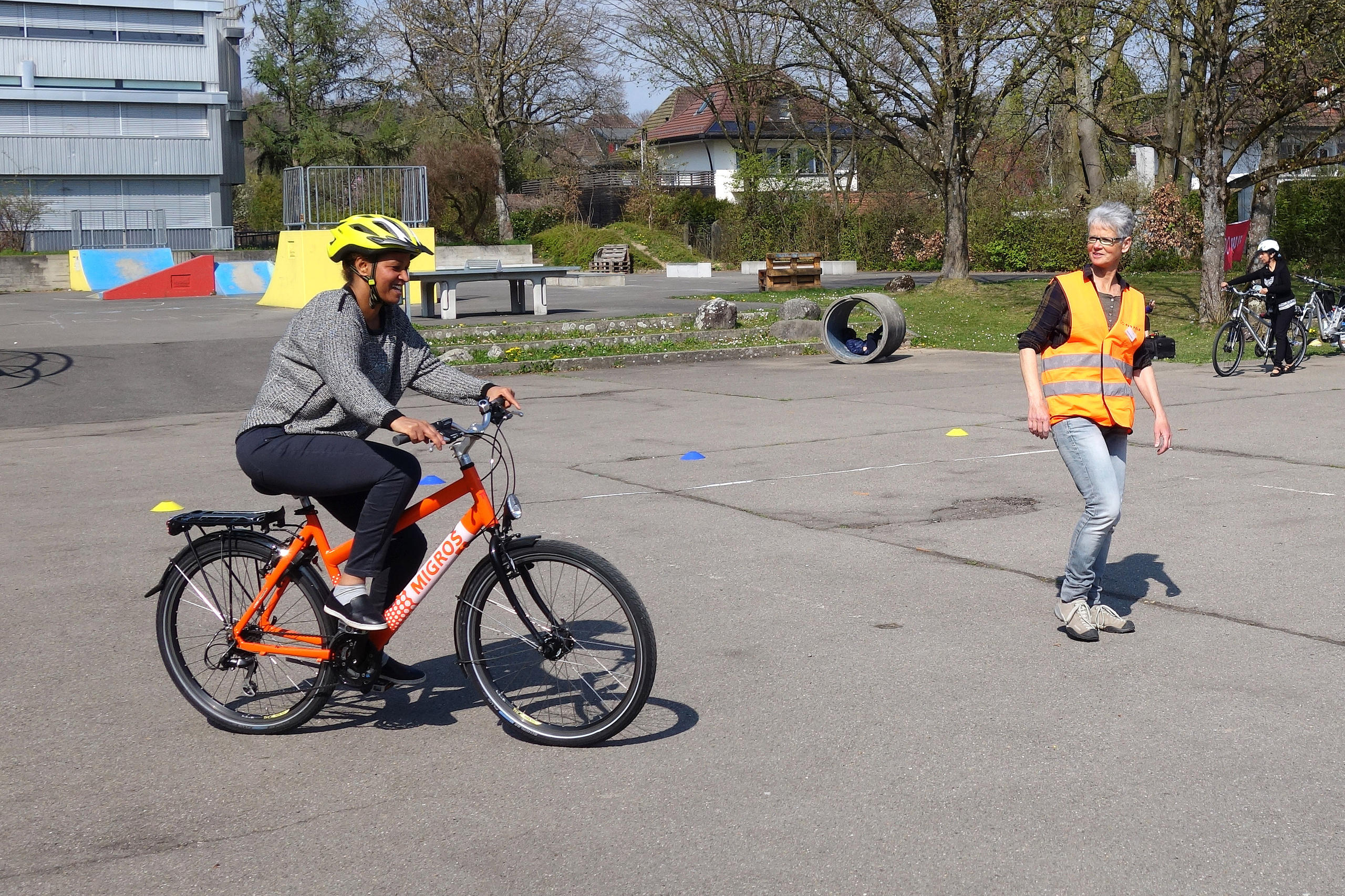Integrating as a migrant

Integration remains a buzzword among the Swiss, with proposals frequently discussed on ways to help – even direct – foreigners to find their place.
As a small nation with four national languages, a lengthy naturalisation processExternal link and a high percentage of foreign residents, Switzerland preserves its identity by promoting shared fundamental values and tolerance, and establishing legal boundaries and acceptable social norms.
Asylum seekers and those receiving state support can be required to take language courses, receive job training and follow professional development programmes.
The Swiss government’s policy towards foreigners is one of integration – seeking to involve newcomers in the country’s daily life – instead of creating so-called “parallel societies” within Switzerland. Integration takes place at the federal, cantonal and municipal level. The Federal Act on Foreign Nationals can be read hereExternal link.
To read more about specific integration programmes in French, German and Italian, visit the State Secretariat for Migration website.External link For a list of cantonal educational and training authorities, please visit the Swiss Conference of Cantonal Ministers of EducationExternal link.
A list of frequently asked questionsExternal link can be found at the State Secretariat for Migration. The charitable organisation Migraweb External linkis a good source for more on numerous aspects of daily life, including family, insurance, taxes and mobility.
Language courses
Although English is widely spoken and understood in Switzerland, being able to speak the local national language (German, French, Italian or Romansh) at least conversationally remains important for integration.
Language courses, from weekly classes to intensive courses, are widely available in every region. Here is a list of language schoolsExternal link around the country. Prices and methods vary so it is worth shopping around.
Some local authorities, associations and schools offer low-cost classes for migrants. Women’s groups are also active in this area. If you are unemployed, you may be eligible for free language classes. For more information on language learning, see MigrawebExternal link.

In compliance with the JTI standards
More: SWI swissinfo.ch certified by the Journalism Trust Initiative
















You can find an overview of ongoing debates with our journalists here . Please join us!
If you want to start a conversation about a topic raised in this article or want to report factual errors, email us at english@swissinfo.ch.